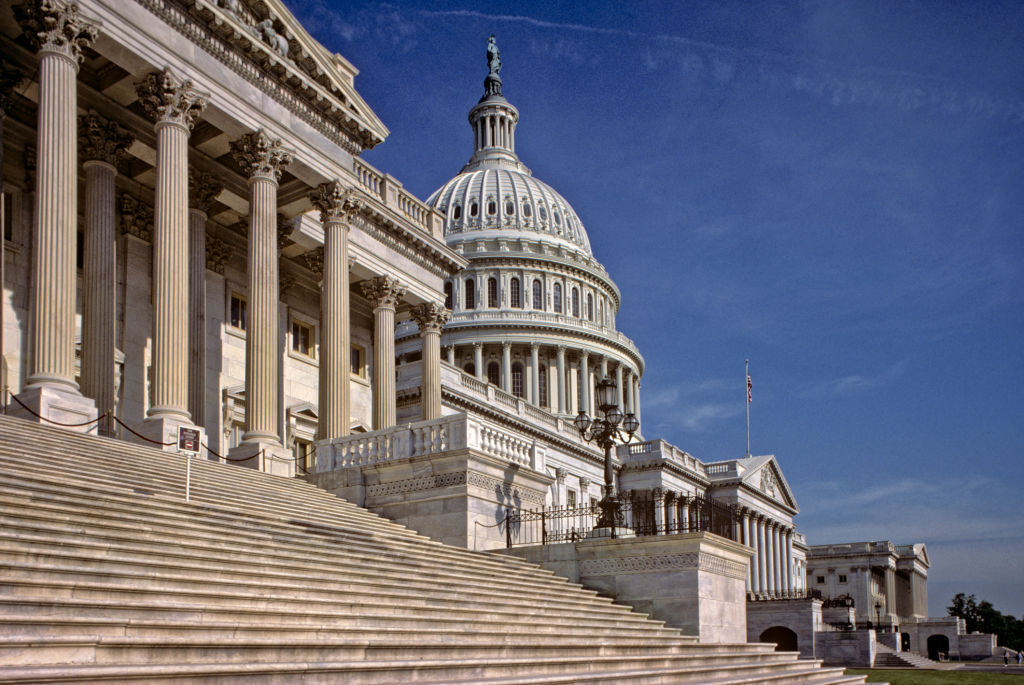
Moulton, a Democrat, represents Massachusetts's 6th Congressional District. He sits on the House Armed Services Committee and the Select Committee on China. He served as a Marine Infantry Officer in Iraq.
Williams is a mental health advocate, the CEO and co-founder of neurotransmitter nutrition company PYM and a technology investor. He is also a U.S. trustee of the international advocacy organization United for Global Mental Health, a board member of mental health awareness non-profit Bring Change 2 Mind, and an advisor to national policy organization Inseparable and the mental health technology platform Project Healthy Minds.
America is about to take a big step toward better health care.
Beginning on July 16th, anyone in America, anywhere in America, can dial just three digits–988–to get free, confidential, and immediate help for a mental health emergency.
Now the two of us might make an odd pair teaming up to talk about mental health:
One of us is a leading mental health advocate—an unexpected career, but one he discovered through a commitment to service that helped him heal from the trauma he experienced after his dad, the entertainer Robin Williams, died by suicide.
The other is a Marine veteran who became the first sitting U.S. Congressman to share his struggle with post-traumatic stress, a result of several combat tours in Iraq, and then authored the legislation to create 988.
As a mental health-focused entrepreneur and advocate and a Marine veteran Congressman, we come from very different backgrounds and we spend our days in very different ways. But we both have deep, personal experiences with mental illness, just like so many other Americans.
According to the National Alliance on Mental Illness, nearly half of the 60 million adults and children living with mental health conditions in the U.S. go without any treatment. Imagine if half the Americans who broke a leg never got any treatment at all.
More from TIME
There are two basic reasons why so many Americans don’t address mental health: They are afraid or discouraged from getting help, or they simply don’t know how to get it.
Now, with 988, there are two simple steps we can all take to address these twin challenges.
First: More people need to share their stories.
One thing we’ve learned is that simply talking about mental health is the most important first step we can all take.
One of the many myths about mental health is the idea that talking about something like depression makes it worse, but research shows the opposite. The majority of people who do call a lifeline were significantly more likely to feel relieved and more hopeful after speaking with someone.
It’s also well documented that the majority of people who do attempt suicide and survive, ultimately do not die by suicide at a later date. In other words, they regret even trying. Just imagine if the people who were not so lucky had taken that moment to dial for help.
We’re sharing our stories to encourage you to share yours—talk about mental health with your friends and family, and help make taking care of it as routine as getting an annual physical.
There is strength in vulnerability. Simply put, the more we talk about this, the better.
Second: Help us ensure everyone knows 9-8-8.
Everyone already knows to call 911 if your house is on fire; you don’t need to Google the fire department in the middle of the night! Being able to dial a three-digit number when you’re experiencing a mental health emergency should become as natural as dialing 911.
For every person who dies by suicide, 316 people seriously consider it. That’s more than 13 million people who seriously consider taking their own lives, yet only about two million call the existing ten-digit National Suicide Hotline.
There is a lot of work to be done to ensure that every American knows about 9-8-8 and is willing to reach out if they ever need it. In the coming weeks and months, please help us spread the word.
Now you should know a few things about how this will all work.
Once you call 988, you’ll be connected to the best resources available to address your specific needs. Veterans, for example, are about 1½ times more likely to die from suicide than nonveterans. They should be talking to other veterans or people specifically trained to cater to their unique challenges.
You should also know that every 988 call is completely confidential. Nobody will send anyone to your door unless you ask. Experience has shown that simply talking to a trained professional saves thousands of lives every year.
There’s one last thing to keep in mind as we launch this new service: There will inevitably be some hiccups, and we want your feedback on how to improve 988. Simply having the number active will save thousands of lives—every year in the U.S., more people die by suicide than in car accidents.
A call to 988 when you or a loved one is in crisis can save a life. Talking about mental health care over the dinner table might just save even more. We need more Americans to realize that having a mental illness is no different than breaking a leg: you need to get help, and if you do, you will get better. Help us share this powerful truth across the land.
More Must-Reads from TIME
- Cybersecurity Experts Are Sounding the Alarm on DOGE
- Meet the 2025 Women of the Year
- The Harsh Truth About Disability Inclusion
- Why Do More Young Adults Have Cancer?
- Colman Domingo Leads With Radical Love
- How to Get Better at Doing Things Alone
- Michelle Zauner Stares Down the Darkness
Contact us at letters@time.com